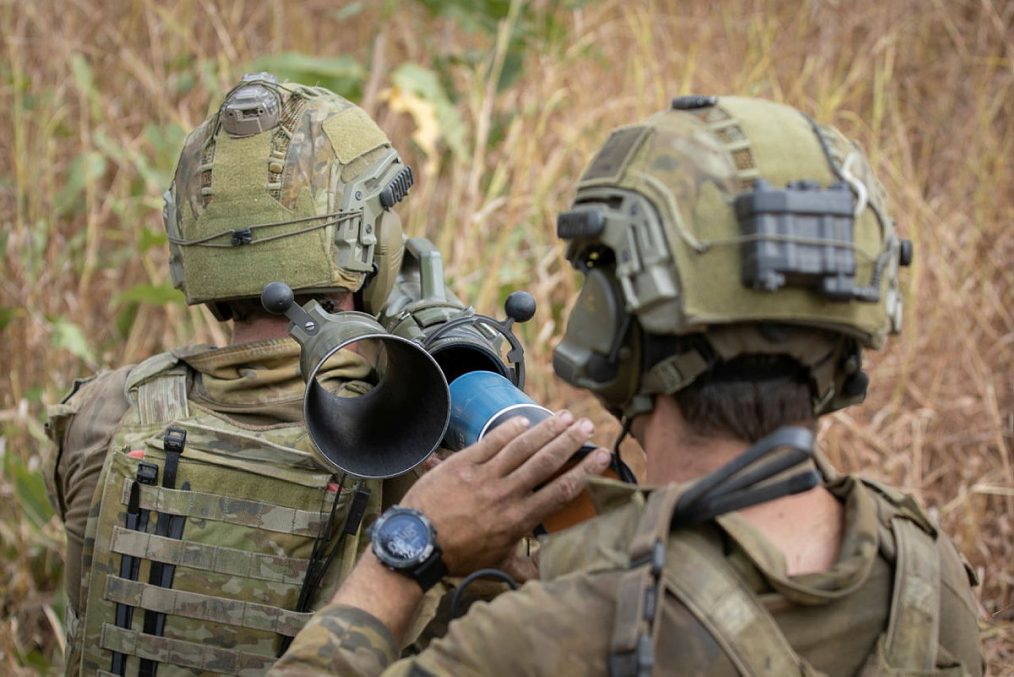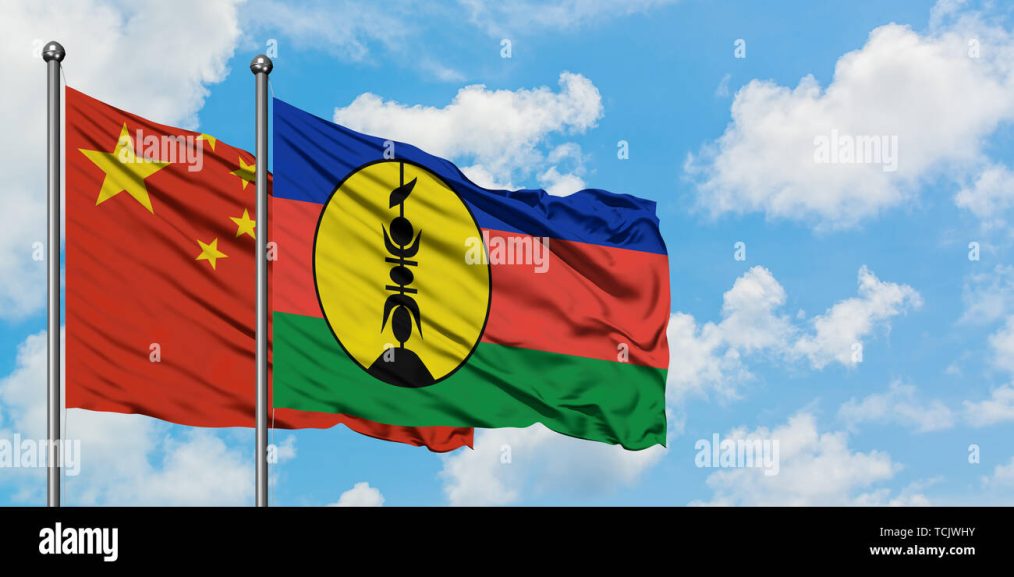Copied from the Duty First Magazine
The diggers hugged the ground as the jungle was razed by an invisible sickle.
Machine-guns scythed a plane centimetres above their heads while rocket-propelled grenades sprayed them with red-hot shards of shrapnel.
The jungle was being “chainsawed”, as one soldier put it, by fire from a network of North Vietnamese bunkers.
Overlooked, outgunned and out of ideas, the dozen or so men of 8 Platoon, C Company, of the 7th Battalion, Royal Australian Regiment, contemplated what appeared to be a bleak and brief future.
Cue platoon commander Lieutenant Mark Moloney, 23, who broke cover to hurl grenades at the closest bunker.
Moloney then gathered his men’s stock of anti-tank rockets and, rising again, loosed them at the bunker.
When he was out of rockets, he continued his one-man offensive with a grenade launcher.
Smoke wafted from the bunker. And Moloney’s men rose to resume their slog up the hill, silencing bunker after bunker – always with their commander in the lead.
When it was over Moloney was covered with blood. Riddled with 27 shrapnel wounds, he would only agree to be evacuated after his wounded men had been spirited away by the choppers.
They said he should have received the Victoria Cross. He was instead recommended for a Military Cross. He got nothing.
Until now. Last month Moloney, now 79 and living in Rivett, ACT, was told he had been awarded the Medal for Gallantry for his valour in the Battle of the Bunkers at Bien Hoa, South Vietnam, on February 7, 1968.
“His gallant actions whilst under fire were instrumental in destroying the bunker complex, routing the enemy and preventing further Australian casualties,” the medal citation states.
“His actions were in keeping with the finest traditions of the Australian Army and the Australian Defence Force.”
The citation is signed by Governor-General David Hurley’s secretary and was published in the Commonwealth Gazette on July 19.
The medal is the culmination of a decades-long campaign for recognition by Moloney’s comrades, especially his classmates from the Royal Military College, Duntroon.
“It was a team effort by Mark’s classmates to ensure justice was done from him and the diggers,” Colonel (Rtd) John Paget of Blackheath, NSW, said this week.
“Mark is a great leader who is highly respected and all of us are overjoyed to see him recognised.
“It shows that the past doesn’t necessarily have to be history.
“Fifty-five years after the event, the gallantry of Mark, and of the diggers of Charlie Company, 7 RAR, what they did over those several days, has at last been recognised.”
What the diggers did was extraordinary, but nothing was as extraordinary as the uncommon valour of their platoon commander.
Corporal Edward Czerwinski was five to ten metres from Moloney when he embarked on his solo assault.
So heavy was the enemy fire, a bullet shattered Czerwinski’s rifle magazine and another smashed through his hand. Some way to celebrate your 21st birthday.
“There were a lot of bullets flowing our way,” Czerwinski said this week. “I didn’t get a chance to count them.” Them being the bullets or the men firing the bullets.
“We were firing blind. You couldn’t see the bunkers. Thick foliage. We were just getting chopped to bits.
“We couldn’t put our heads up. The branches were getting chopped off a few inches above our heads.
“(Moloney) did something that no-one else was prepared to do. I just don’t know why he did it. Mark just took them on. Fantastic.
“He had blood coming out of him in all directions. (He was) covered head to toe in his own blood. He was a tough bugger.
“I’m bloody rapt that he’s been recognised and got something. He should’ve been recognised 55 years ago. He should’ve been wearing a medal all these years.”
Some say that medal should have been the Victoria Cross.
“Young Mark Moloney, in my opinion, should’ve been awarded a Victoria Cross for what he did,” 7 RAR’s second-in-command during the action, the late Brigadier Alf Garland, said in 2000.
“If you read some of the citations that you see for Victoria Crosses, what he did made some of them pale into insignificance in comparison. Great shame.”
The Royal Australian Regiment Corporation’s Chairman and decorated Vietnam veteran Michael von Berg agreed.
“I’ve been well aware of Mark’s incredible actions on that day for many, many years,” von Berg said this week.
“It should’ve been a VC. If you read the recommendation, it reads like a citation for a Victoria Cross.”
Several theories have been suggested to explain why Moloney did not even receive the lesser award of a Military Cross, for which he was recommended by his superior officers.
Firstly, the action at Bien Hoa happened during the North’s Tet offensive, so the paperwork might have been overlooked in the general confusion of the time.
Secondly, the awards system was governed by a quota and 7RAR had received its allowance of medals. (On this point von Berg said: “How can you have a quota on courage?”)
And thirdly, Moloney downplayed his own role in his official report of the action. An action in which 14 Australians were wounded, but remarkably none were killed.
Moloney is a humble man and declined to be interviewed, other than to say: “I am very proud of the efforts of all my soldiers and their loyalty over the years.”
When the Australian War Memorial asked about his heroics in 1997, Moloney would only pay tribute to his platoon.
“Well, I don’t think I did anything more than that which would be expected of anybody in the circumstances,” he said.
“I think the men themselves did what they had to do in a professional manner, and it was just us working together.
“I don’t think there was any esteem as to one person doing more than another.”
The Defence Department was contacted for comment but had not responded by presstime.
Andrew Faulkner.
Image AWM: South Vietnam. 1967-11. 2nd Lieutenant (2nd Lt) Jim Fitzsimmons of Lithgow, NSW, and 7th Battalion, The Royal Australian Regiment (7 RAR), was mentioned-in-despatches for gallantry under fire on operations against Viet Cong in Phuoc Tuy Province. 2nd Lt Fitzsimmons (centre) with 7 RAR Platoon Commander, Lt Mark Moloney of St Ives, NSW (left), and Company Sergeant Major C Company, Warrant Officer Ted Lewis of Wahroonga, NSW. Note their camp in the background.










